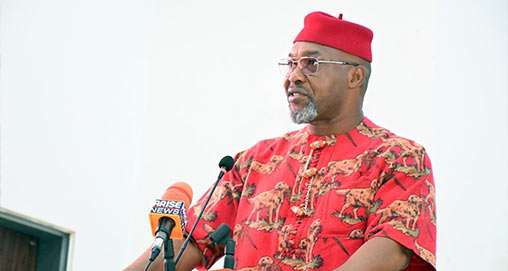Mimister Wike: Power, Process, and the Rule of Law
Any law enforcement officer, in uniform or plain clothes, represents the President and the sovereignty of the Nigerian state. To abuse such an officer is to diminish the authority of the Republic itself.
Minister Nyesom Wike’s decision to personally enforce a directive at a disputed site was a fundamental misstep. In constitutional democracies, power operates through institutions not impulse.
Executive authority must be exercised or adjudicated through the courts, ministries, and lawful instruments of state, never through confrontation. No matter how justified a grievance, a minister cannot become an enforcer; that violates the very idea of ordered government.
In a democracy, ministers act through process, not presence. A formal communication to the Minister of Defence, whose office oversees the Armed Forces, would have sufficed. If the officers were on illegal duty, the established disciplinary systems would have addressed it.
When a minister trades words with a uniformed officer acting under orders — lawful or otherwise — it corrodes discipline and confuses hierarchy.
The officer’s duty is to obey the chain of command, not verbal instructions on a roadside; the minister’s duty is to act through lawful channels.
The Minister should apologise to the officer for using abusive language. It is not acceptable behaviour.
The conduct of the DSS protective details was equally unprofessional. Their responsibility was to extract their principal from a rancorous and potentially dangerous situation, not to escalate it.
Security officers must remember that their loyalty is to the state, not to personalities.
This episode is a cautionary tale: This episode demeans the dignity of the office of the Minister and undermines the image of disciplined governance.
Osita Chidoka
11 November 2025



